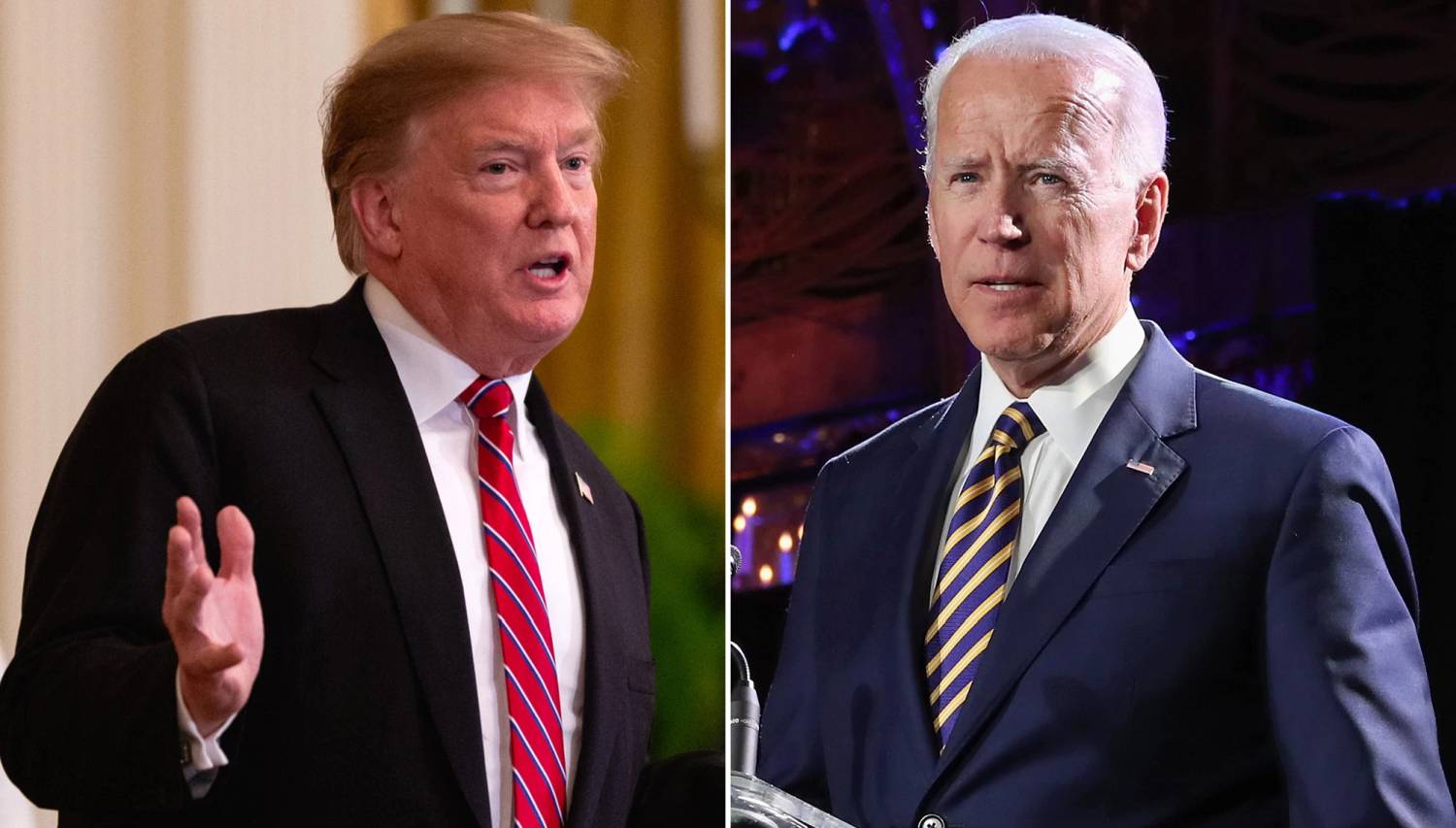The conventional wisdom, which is often wrong, says you can’t have both. The thinking goes that a candidate who would appeal to many of the voters who supported Trump in 2016, but would be lured back to Democrats in 2020, wouldn’t support a progressive platform such as one pushed by Bernie Sanders, Kamala Harris, or Elizabeth Warren. These voters would support incremental changes so long as they get a candidate who isn’t too radical outside of the center-left or center-right.
On the other hand, the slight majority of Democratic primary voters surveyed by NBC News would prefer a more progressive candidate who lines up closer to their views even if it meant that their proposals would be difficult to pass and they’d have a harder time getting elected.
As a result, the two roads to the Democratic nomination have emerged in a field which remains splintered for progressives while former vice president Joe Biden rides alone with around thirty percent support as the option for Democrats who care only about defeating Donald Trump and not much else.
Large-scale changes
As NBC News reports, several candidates benefit from Democratic primary voters seeking large-scale changes to the U.S. economy and government in general:
Fifty-four percent of Democratic primary voters say they prefer a nominee who proposes larger-scale policies that might cost more and be harder to pass — but could still result in major change.
Among these voters, Warren leads the pack (at 29 percent), and she’s followed by Bernie Sanders (18 percent), Biden (16 percent) and Kamala Harris (14 percent).
It’s quite something that Biden registers above Kamala Harris among these voters, but it’s likely that his recent history-making vice-presidential service to the nation’s first African-American president puts him in the “sweeping change” category despite his moderate views on various policies. These voters, by and large, are not Biden’s base of support though they would vote for him if it came down to Biden versus Trump.
Small-scale change
While many Democratic primary voters seek large-scale change, some of them are willing to take less of it so long as Donald Trump only serves a single term in office. The flipside of the above poll numbers see Biden as the primary benefactor:
By contrast, 41 percent of Dem primary voters say they want a nominee who pushes for smaller-scale policies that cost less and might be easier to pass — but that bring less change.
And among these voters, Biden holds a substantial lead (at 35 percent), followed by Harris (14 percent, Warren (8 percent), Pete Buttigieg (8 percent) and Sanders (7 percent).
The story notes that there are more voters in the first category desiring large-scale change than there are in the second category of simply wanting to defeat Trump. However, that might not matter if Biden continues to hold the field in the high 20s or low 30s of support, a technique which was mirrored by Donald Trump during the 2016 Republican primary.
There will be more consolidation of progressive voters in the coming months, we’ve already seen the shuffling happening among several candidates including Bernie’s lead slipping.
The candidates who fall more in line with the “large-scale changes” must make the argument that they can accomplish their policy goals, push for bigger changes that progressives want, and carry the mantle to defeat President Trump next year. If a candidate manages to make that argument convincingly to voters, they could surpass Biden quite easily since he remains a vulnerable front runner.
South Carolina still strong for Biden
Late last week a new poll dropped among Democratic primary voters in the early primary state of South Carolina which presented Biden with a commanding lead:
In a new Fox News poll released Thursday, Biden towered above his Democratic challengers at 35 percent, more than the share of support received by the next four leading contenders combined. Fourteen percent of South Carolina Democratic primary voters indicated support for Senator Bernie Sanders and 12 percent chose Senator Kamala Harris.
Thursday’s poll is the first major survey in South Carolina to be conducted after the first Democratic debates of the 2020 cycle. Biden was widely seen by political commentators to have been bruised by Harris during a tense exchange at the Miami debates over his opposition to federally mandated busing in the Civil Rights era.
To hit 35 percent in a crowded field is a very good number for Biden. If that creeps up closer to 40 percent then other campaigns would start to see South Carolina as Biden’s terrain and may decide that it’s worth spending resources elsewhere. Of course, the usual caveat is that it’s early, but South Carolina is going to be a major battleground since it’s the first early primary state with a sizable number of African-American voters in the Democratic primary, a group being fought over by several candidates.
This week, despite falling smack dab in the middle of hot and lazy July, will hold some big news for the 2020 campaign on Thursday when CNN holds its live candidate lottery event to release the nightly schedule for the second Democratic debate later this month.
Donate Now to Support Election Central
- Help defend independent journalism
- Directly support this website and our efforts
